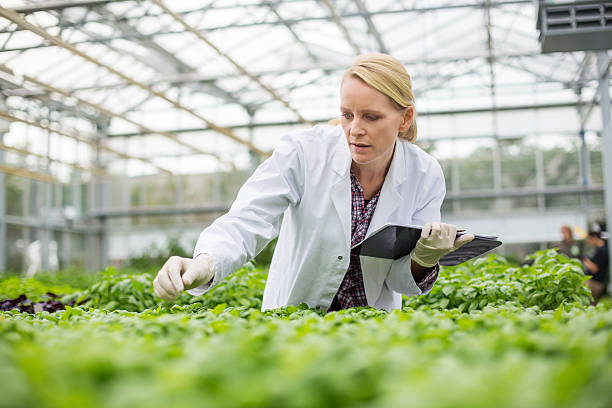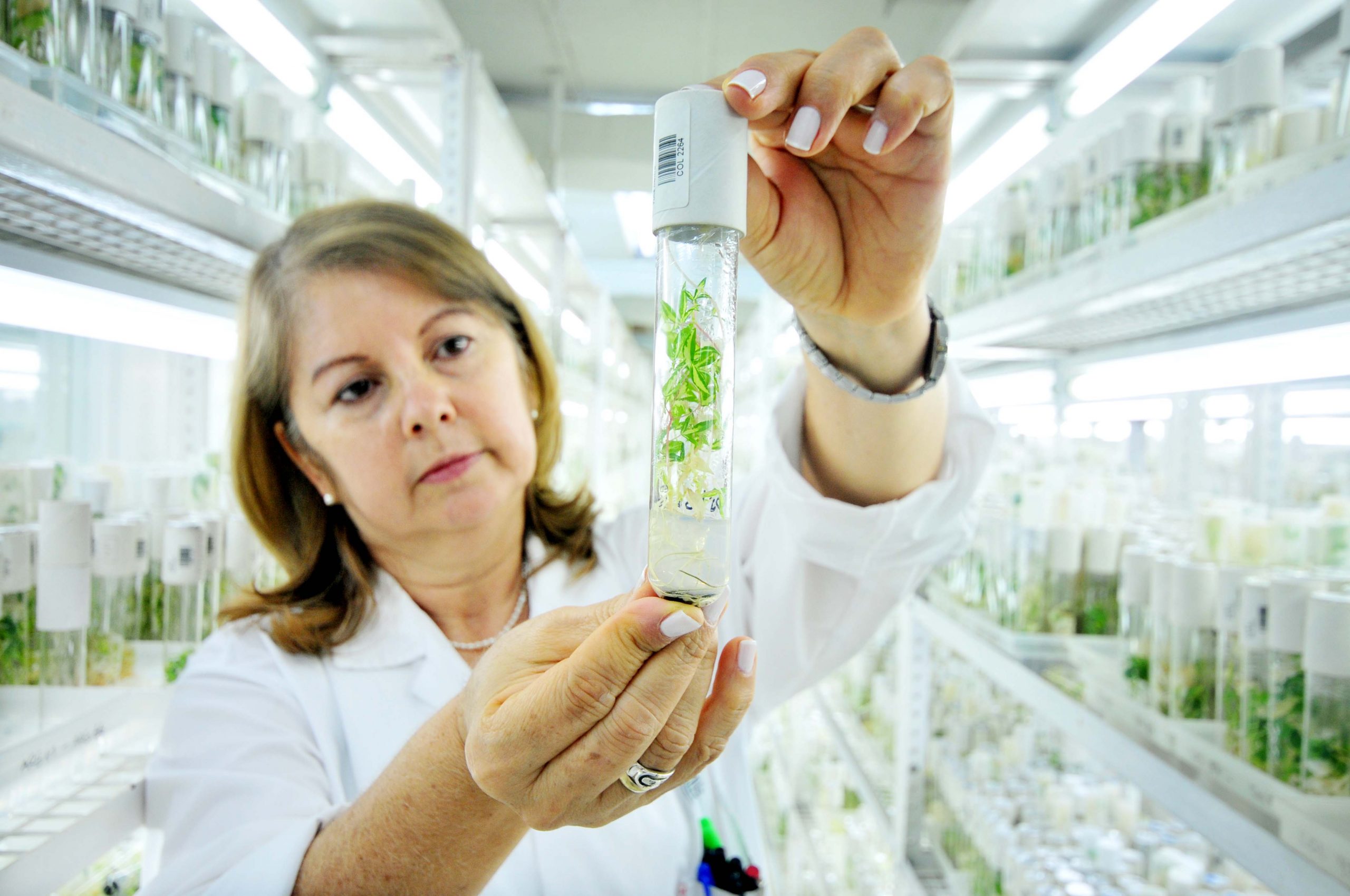Botanists study different aspects of plants. For example, they may explore their physiological processes, such as molecular-level photosynthesis, evolutionary history, and plant’s relationships with their environments. Researchers may concentrate on the agricultural applications of plants used for food, fiber, fuel, turf, and crop cover, researching their responses to pest stress, disease, and variations in climate. You may also focus on plant breeding to grow more robust strains. Plant ecologists study the relationships that plants have with their environments, with each other, and with the wildlife communities they belong to.
Botanists do plant life science research. They study plant life as far as agriculture, environmental policy, nutrition, and medicine, are concerned. Botanists may find work with private firms, government agencies, colleges, or charities, such as museums and botanical gardens.
They work in laboratories or other facilities and may be required to do some travel. Bachelor’s or Master’s degree-holding botanists can work as research assistants, but doctoral holders are more likely to take the lead on research studies. For more information about this profession, continue reading below.

Education And Training
Individuals interested in becoming botanists must have a degree in science. Bachelor’s degrees are available in botany or plant science. They study biology, chemistry, and physics, as well as genetics, plant taxonomy, and plant anatomy. Science degrees, such as those in biology or chemistry, may be appropriate for students looking to pursue botanical graduate studies. If you want to be a botanist, take advantage of opportunities to work on research with faculty, where possible. Another way to improve research skills is by taking part in a research internship. Strong research skills will prepare students for entry-level botanical positions, as well as for graduate studies.
Individuals with master’s degrees can seek a broader range of opportunities. Students with a master’s degree will focus on specific botanical areas, such as biology, marine botany, or conservation. Students may choose a choice for a thesis based on their career objectives. Scientists should have good writing skills to successfully write theses, dissertations, and publishable articles. Students can invest in writing style guides, take advantage of the writing center at their school, and, of course, practice learning how to write effectively.
Average Salary
Botanists are not a group that the U.S. Bureau of Labor Statistics (BLS) specifically tracks. However, it lists the 2012 average annual salary as $58,990 for soil and plant scientists. Nevertheless, the 2014 Life Sciences Salary Survey by The Scientist gives plant scientists an average salary of $92,890 as of 2014.
Tips For Success
A Ph.D. will provide incentives for career advancement in botany, and graduates will lead work for government organizations and the private industry. Also, they can teach at the university level. Some schools allow students to choose a track or concentration to pursue a doctoral degree in botany. Doctoral candidates frequently invest the initial portion of their studies studying the methodology of research and the second part conducting research, which culminates in a thesis.
Applicants for a Ph.D. program are often assigned a mentor to help develop a course of study. Take advantage of the faculty members you encounter at networking events, as well as senior botanists. You can get advice from them on research and graduate school navigation. Many doctoral students pursue publication through their own work or by assisting their school’s research faculty.

Conclusion
Botanists help to plan and coordinate projects that involve analyzing and assessing biomass and its uses and impacts on local and global populations. In addition, they also help to assess and highlight any effects that soil or contaminants have on plant mass. Lastly, they implement various ecological models to generate information or test theories.
For more careers involving plants, click here.
